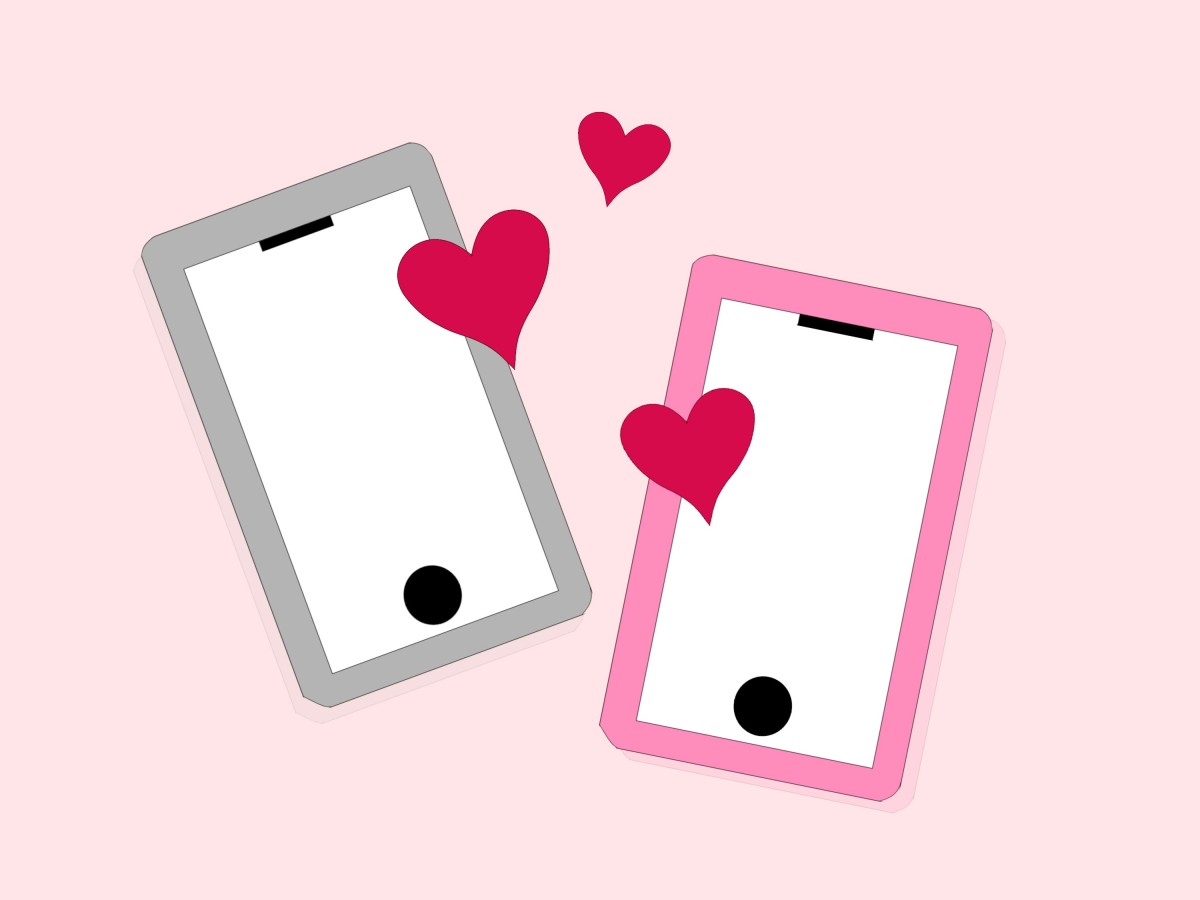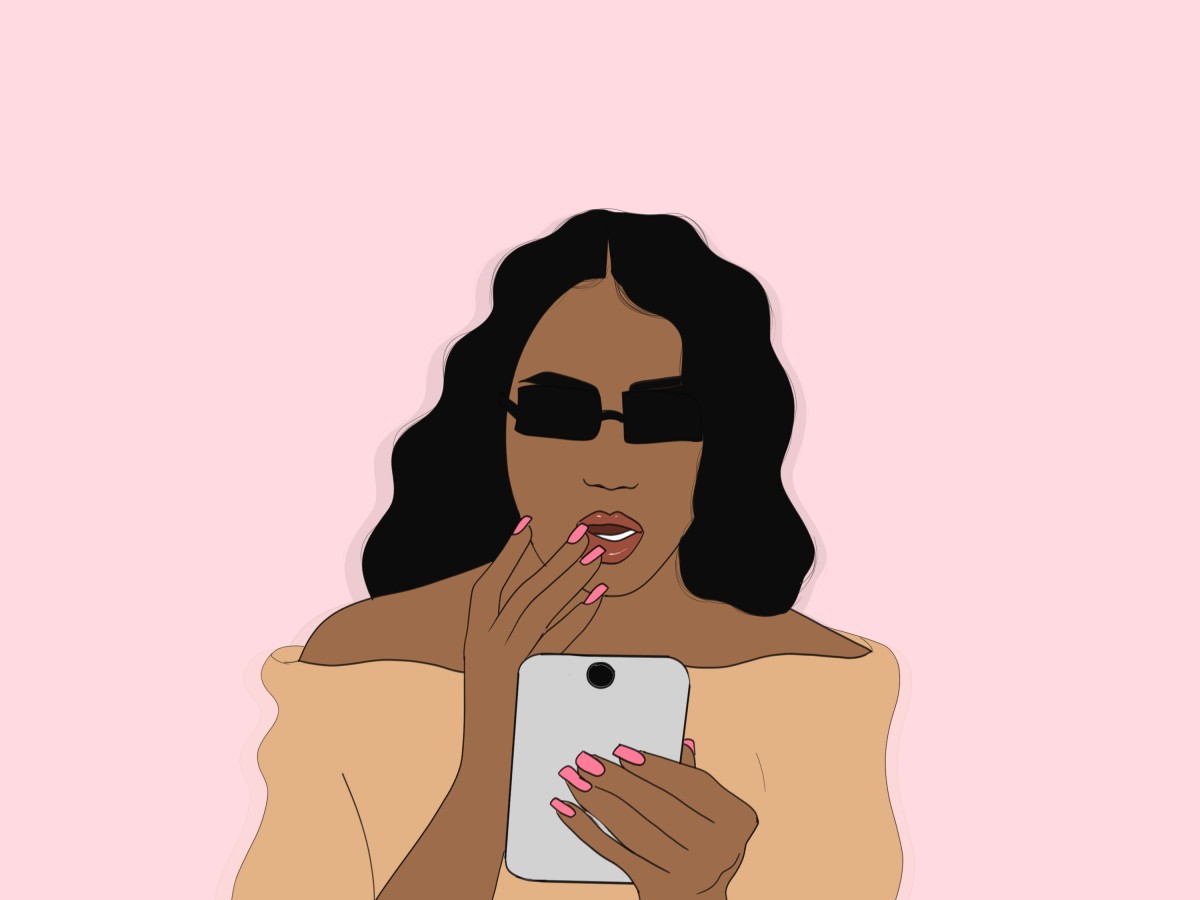Swipe left, swipe right, replicate until Prince Charming poses on a yacht. You swipe right for the last time and live happily ever after. Or, so, dating app user Cecilie Fjellhøy thought back in 2018. Netflix’s latest true crime documentary reveals how our addiction to romance and materialism leaves us vulnerable to emotional scammers, who prey on our deepest desires… love, power and exclusivity. Unlike a Disney fairytale, a frog sometimes is simply a frog.
List any three of your favorite Disney princess movies and I predict the plot is as follows: damsel in distress, runs into a prince, they find true love and live happily ever after. The idea of finding ‘the one’ has been ingrained in us at an early age. The ultimate prince is not just a sweet, sensitive, singing fool; he also parades in a Porsche and owns a private jet. Between the ‘material gowrls’, boss babe memes and high-value man debates on social media, it seems like we’ve forgone real long-term connections over aesthetics, likes and comments from strangers.
Cecilie, London based Senior UX and Service Designer, matched with diamond heir Simon Leviev, born Shimon Hayut, who immediately asks her out. After an amazing date, he invites her to his private jet for the next adventure. I mean who could resist that opportunity? After weeks of love bombing, Leviev executed the perfect crime, leaving Cecilie with $250,000 in tears and credit card debt. Don’t laugh just yet because she isn’t alone.
Despite the many Dateline episodes and true crime documentaries out there, according to research conducted by JPD, nearly 72% of people spend approximately 15 minutes researching their dates before going on the date. This research also reveals that 88% of people conduct their research using social media. The reality which we all know too well is that social media is solely a curated fantasy and not the entire picture. Have you ever seen what certain lace fronts look like in person? If we can’t trust those, then what can we trust?
Stranger danger
When the internet was first released, we still believed and practised the basic principle of ‘stranger danger’. Decades after its arrival, we’ve slowly let our guards down by allowing more strangers to have access to us in ways we have never done before. Think back to when Facebook first launched, the idea of sharing your personal thoughts, feelings and photos with strangers was foreign.
With the rise of digital monetization and social media influencers, we’ve become programmed to share nearly all aspects of our lives, especially with strangers. The more followers you acquire, the more verified and monetizable you are to others. We now share over half of our daily lives without even being paid to do so. This very notion of oversharing gives potential scammers access to more than just our expensive avocado toasts. Now they can see what we like, where we are and how to assert themselves in our lives where they see fit.
Sex is more accessible than ever

With nearly 250 million singles online, sex is more accessible than ever. Meaning if you’re looking for something substantial, many of us have a better chance at forming meaningful connections on Too Hot To Handle than on dating apps.
According to Allan and Barbara Pease, since most men want sex and most women need love, the power dynamic of online dating shifts to men. Cecilie has been on Tinder for almost a decade looking for ‘the one’. Finding someone who not only is successful but is also looking for a long-term partner is rare in real life and gets trickier online.
Michael Rosenfeld, a sociologist at Stanford explains to The Washington Post “the worry about online dating comes from theories about how too much choice might be bad for you. The idea is that if you’re faced with too many options, you will find it harder to pick one, that too much choice is demotivating. We see this in consumer goods — if there are too many flavours of jam at the store, you might feel that it’s just too complicated to consider the jam aisle, you might end up skipping it altogether, you might decide it’s not worth settling down with one jam.”
Marriage is compromised
Although women hold the metaphorical door to sex, men hold the metaphorical door to relationships and marriage. The ‘high-value man’ conversation online would agree that with access to resources, men do not feel as obligated, as they once did, to get married or be monogamous. There is plenty of fish in the sea and even more on dating apps. So a woman who is looking for love may have a less pleasant experience on dating apps than a woman who’s looking for something casual.
As such, signing up for any dating app is merely a compromise on love, monogamy and eventually a family. Don’t get me wrong, even if I might not make it out to the actual date, I too have downloaded Bumble once or twice. The problem isn’t with the apps but rather the expectations we have of them. So when Lev Leviev love bombs Cecilie, it’s no wonder she falls blindly in love. She believed she’d found her diamond in the rough – pun intended.
Love bombing and red flags
Love bombing typically occurs early in the relationship and is a major red flag. It refers to the rapid emotional stage a suitor expresses to their partner to make them feel dependent. It can look like constant gifts, back-to-back dates, and overly expressing their interest in you and your future.
Love bombing is what Prince Charming did to Cinderella after one dance. And for a woman looking for a fairytale, it’s the perfect scenario. Until it isn’t. Love bombing intensifies the honeymoon stage of a relationship, making it easier to feel attached and harder to see obvious red flags.
So what does this say about my favorite Disney movies and our current views on love? Does love even exist anymore or are we blindsided by romcoms in the 90s and early 2000s? Not all is lost in the matters of the hearts. Online dating statistics show that 20% of those in current, committed relationships began online.
In any case, date responsibly while you keep an open mind and heart. Know what you’re looking for on and offline, before jumping into anything with anyone. If it sounds too good to be true, investigate further because it probably is. Never fly out on the first, second or third date, even if he has a private jet. And never loan more money than you make, even if his enemies are after him.
Find more relationship articles here >
Written by Lindsay Francois
Illustrated by Francesca Mariama

